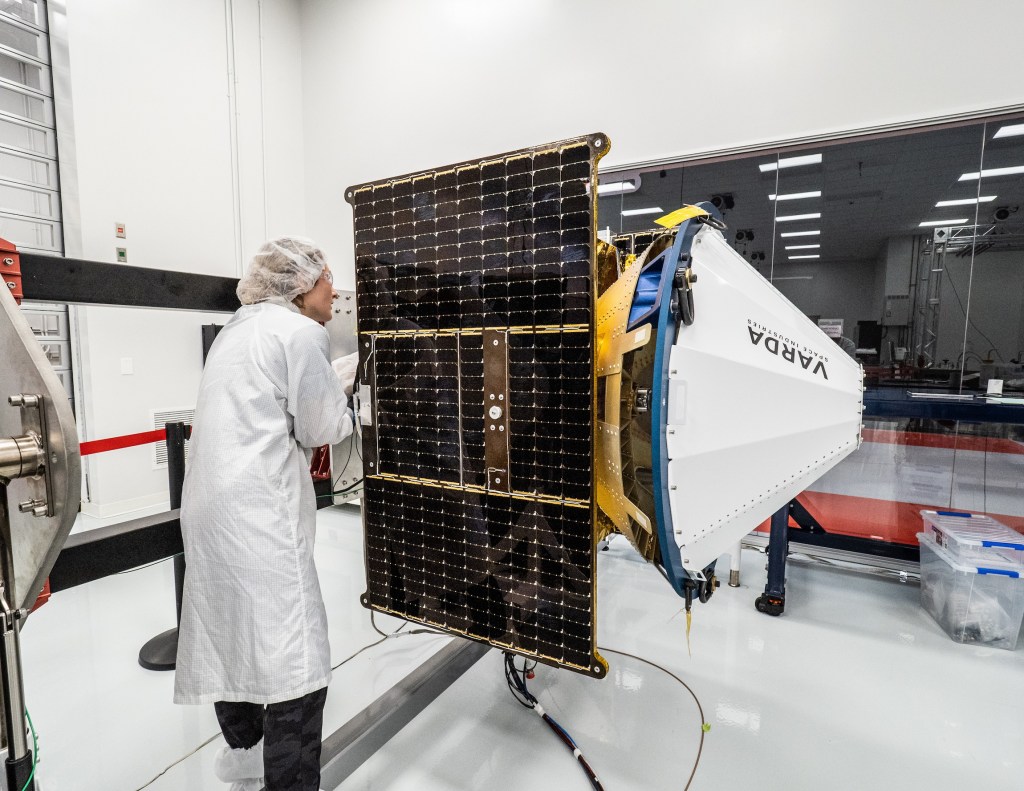
Hewlett Packard Enterprise’s (HPE) planned $14 billion acquisition of Juniper Networks is one step closer to completion — the U.K.’s Competition and Markets Authority (CMA) has confirmed that the deal won’t face any further scrutiny.
The CMA is yet to publish its full findings, but it has updated the deal’s case page to note that it has “cleared the anticipated acquisition by Hewlett Packard Enterprise Company of Juniper Networks.”
The news comes some two months after the CMA launched an initial probe into the planned merger and invited comments from relevant stakeholders. The authority set a July 3 deadline, after which it had until August 14 to decide whether to progress things to a more in-depth probe.
The U.K. has showed good form in blocking megabucks acquisitions of late, most notably putting the kibosh on Microsoft’s $68.7 billion Activision purchase last year, forcing the companies to cede a number of concessions to get the deal over the line. However, the EU approved the HPE-Juniper deal last week on the basis that this was a sufficiently strong sector, which served as a good indicator of what the U.K would do.
Barring a last-minute intervention from the U.S. Federal Trade Commission (FTC), the merger has now circumvented its main regulatory roadblocks and is on course to meet HPE’s anticipated closing date, which it said is “early 2025” at the latest.

